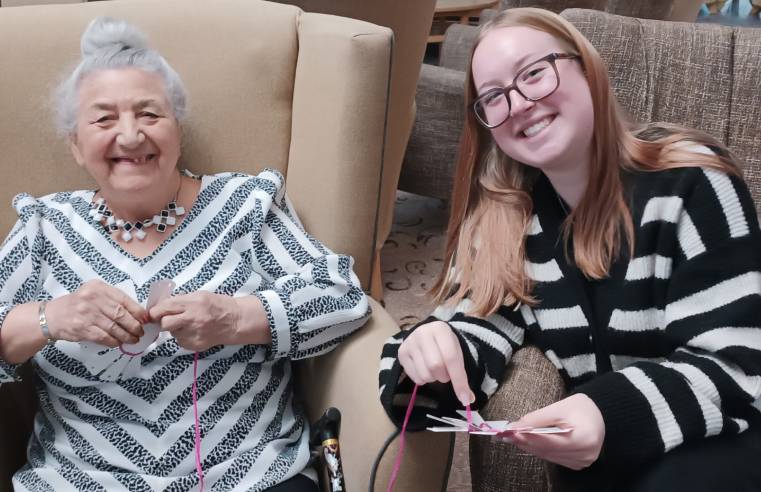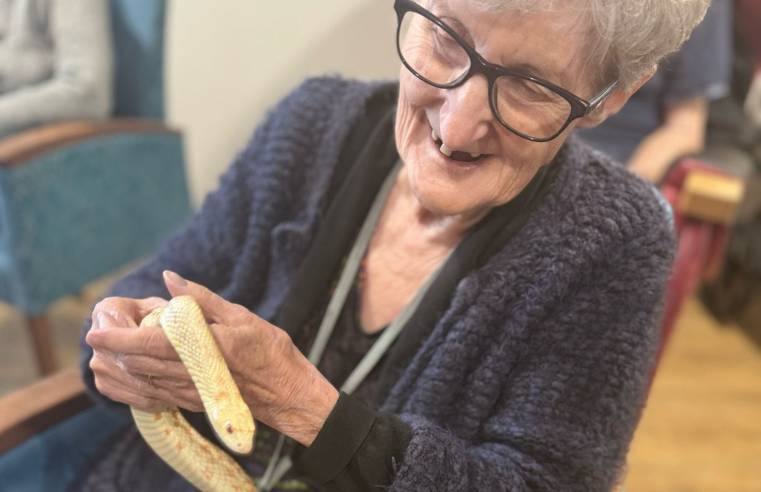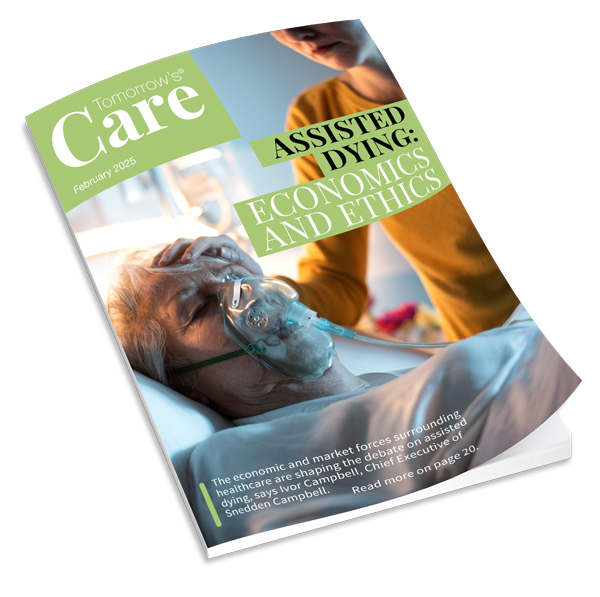The Care Quality Commission (CQC) has published a report summarising key findings and recommendations for change, following the completion of 20 local authority area reviews exploring how older people move between health and adult social care services in England.
Many older people have complex needs, and meeting these needs usually requires more than one professional and more than one agency to work together. CQC’s local system reviews provide a detailed insight into the journey through health and social care for people who use services, their families and carers - and identify where there are gaps which mean that people experience fragmented or poor care.
The report, entitled 'Beyond Barriers', highlights some examples of health and care organisations working well together - and of individuals working across organisations to provide high quality care. But the reviews also found too much ineffective co-ordination of health and care services, leading to fragmented care. This was reinforced by funding, commissioning, performance management and regulation that encouraged organisations to focus on individual performance rather than on positive outcomes for people.
The lack of a shared plan or vision resulted in people not receiving the right care in the right place at the right time – with consequences ranging from care being provided at greater expense than necessary, to increased pressure on services, to people’s quality of life being significantly diminished.
As the NHS approaches its 70th birthday, genuinely person-centred coordinated health and care cannot just be a long-term ambition – it is an urgent and immediate requirement for meeting the changing health and care needs of people living longer with increased complex conditions. The NHS and social care are two halves of a whole, providing support for the same people and there must be a shared vision and performance measures at a local and national level that recognise this.
Sir David Behan, Chief Executive of CQC, said: “Our findings show the urgent necessity for real change. A system designed in 1948 can no longer effectively meet the complex needs of increasing numbers of older people in 2018. People’s conditions have evolved - and that means the way the system works together has got to change too.
“We are making specific recommendations to local and national leaders and government on new approaches to funding, commissioning, performance measurement and regulation, designed to encourage local systems to work together more effectively to deliver personalised care to the people who rely on their services, and to safeguard quality of care into the future.”
Care Minister Caroline Dinenage said: “This report confirms what we already know – the provision of NHS services and social care are two sides of the same coin and it is not possible to have a plan for the NHS without having a plan for social care.
“There are good examples of progress in integrating health and care, including through the Better Care Fund and ongoing joint health and social care assessments pilots, but we know we need to do more. That’s why we will publish a green paper in the autumn on social care around the same time as the government’s long-term plan for the NHS.”
Further background, including links to individual published reports of local areas, is available at www.cqc.org.uk/localsystemreviews
You are here
- Home
- >
- Social care
- >
- CQC Beyond Barriers Report
HEALTH AND ADULT SOCIAL CARE SERVICES NEED CLOSER RELATIONSHIP, SAYS CQC

Published on 03/07/2018
Related News
Categories
- CQC ratings
- Care home news
- Care jobs
- Care planning
- Care sector awards
- Care sector events
- Care sector news
- Care staff
- Charity
- Cleaning & Hygiene
- Construction
- Dementia
- Disability
- Entertainment
- Finance
- Fitness
- Food & Drink
- Fundraising
- Furniture
- Health & Safety
- Healthcare
- Hospice & Palliative Care
- Hospitals
- Industry Comment
- Interiors
- Laundry
- Legal
- Leisure
- Medication
- Mental Health
- Mobility
- New appointments
- PPE
- Products
- Property
- Recruitment
- Relationships
- Research
- Safeguarding
- Security
- Services
- Social care
- Sustainability
- Technology
- Training
- Transport
- Uniforms
- Waste
- Wearables

























